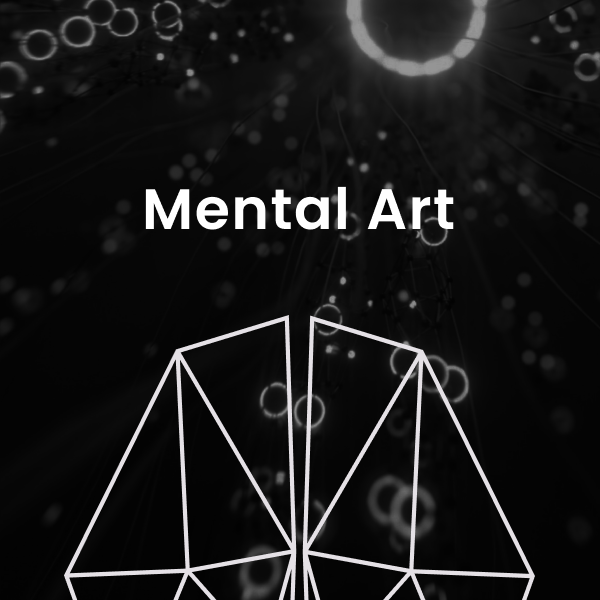

How can I be less emotionally reactive?
3/26/2024If you've ever pondered the notion of becoming less emotionally reactive, you've likely come to realize that life often presents us with a myriad of strong and oftentimes negative emotions. Feelings such as anxiety, stress, resentment, or anger can significantly impact our well-being and relationships, and unfortunately, they're all too common.
You've probably attempted to suppress or deny your emotions, only to discover that it's not always effective. In some cases, it doesn't work at all. It can be challenging to cease ruminating on past grievances or to halt the internal dialogue in search of the "right," "just," or "defensive" response to hurtful words from others. Moreover, it's not solely internal reflection; it's also about grappling with emotions such as resentment, anger, sadness, and shame toward ourselves and others. Our thoughts and emotions are intricately interconnected, and their intensity can often prove detrimental to ourselves and those around us as our attempts to protect ourselves may inadvertently harm others.
Fortunately, or unfortunately, science progresses. Thanks to recent advances in neuroscience research, some methods have proven to be more effective than others. While controlling and suppressing emotions may have been deemed effective coping mechanisms three decades ago, nowadays, embracing negative emotions as healthy responses to challenging situations is viewed as a hallmark of a healthy, well-balanced individual.
It's precisely through the acceptance and understanding of our emotions that we can cultivate a less emotionally reactive demeanor. It may sound paradoxical. You've likely attempted to distance yourself from your emotions, seeking refuge in distractions such as television, food, Instagram, or other diversions. However, these distractions don't make our feelings vanish or diminish their intensity. They may offer temporary relief, but the cycle of triggers, emotions, and exhausting internal dialogues persists until we confront our emotions with presence and gentleness.
Strong emotions must be fully experienced before they can be released. It may run counter to conventional wisdom: to be less emotional, one must continually acknowledge and fully experience all emotions as they arise. Yet, by embracing and acknowledging our emotions, their intensity gradually diminishes, rendering them harmless.
So, allow yourself to feel your emotions fully. Identify the situations that trigger them. Locate where they manifest in your body. Give them space, allowing them to settle within you. You may be surprised to find that the emotional landscape within you begins to shift, albeit slowly. Sensing and experiencing our emotions is integral to regulating them, as substantiated by brain research.




